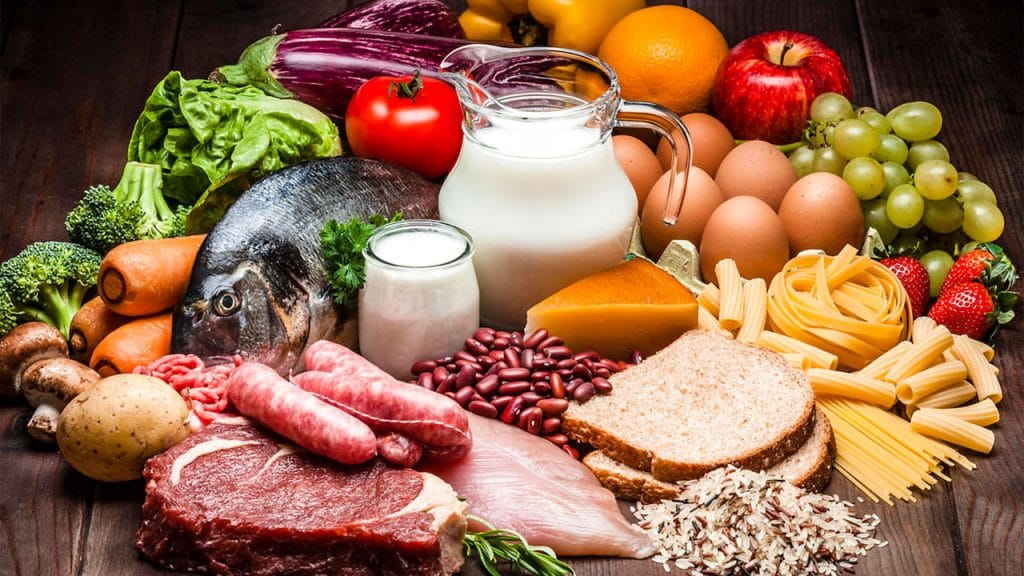There are two things that always appear in any piece of health advice. Whatever else you might do, you need to exercise regularly, and you need to eat right. Nutrition is one of the most important aspects of healthy living, but it can also be one of the most confusing. The more you read, the more complicated it sounds.
First, the basics: Nutrition is about when living organisms, like humans, eat food, then absorb the nutrients in that food into the body. These nutrients are used to power various bodily processes. Once all the nutrients have been extracted from the food, what’s left can be expelled as waste.
The nutrients that humans need to survive are generally grouped into a few distinct categories. These include carbohydrates, protein, fat, fiber, vitamins, minerals and water. Some of these can be broken down into smaller categories, but each has its own specific purpose in the body. If you’re missing just one food group, your health could suffer. Your nutritional requirements may vary, though, depending on your age, body type and profession.
Carbohydrates are often divided into two groups, complex and simple, or starch and sugar. Complex carbohydrates include whole-grain bread and pasta. They’re generally considered healthier than white, simple carbs, which have often been highly processed. Carbohydrates are the food group responsible for giving us energy. Without them, we couldn’t even move.
Next up is protein, something that will be very familiar to the bodybuilders among you. Protein is the nutrient responsible for growth, meaning young people need lots of it to make sure they become full-grown adults. It’s also where muscle comes from, which is why many athletes need high-protein diets.
Fat is another source of energy, which can then be stored in the body. That’s why lots of exercise can burn fat and make you lose weight. It’s also important for insulation. Fat is often talked about like it’s the enemy, but things like olive oil can be an essential part of any balanced diet. Even dairy can be good as long as you don’t overdo it.
Vitamins and minerals include perhaps the widest range of functions. Vitamins include A, B, C, D, E and K. Most come from different types of food (including fruits, vegetables, meat, fish and eggs – vitamin D comes from sunlight) and serve different but vital roles. The same is true for minerals, including calcium (famously found in milk) and iron (red meat). Between them, vitamins and minerals support growth, strengthen bones, maintain the immune system and generally keep every body process running.
As for water, it makes more than 70% of the human body, so it obviously needs topping up regularly. This doesn’t just mean swallowing lots of water – most people get the fluids they need from other drinks, or even from food. Too much can be bad for you, but drink too little, and you’ll find yourself with a headache, suffering the effects of dehydration.
So, we know we need all of these nutrients to survive, but how do you make sure you have enough? Eating a diverse range of foods ensures you have all the food groups covered, but too much can cause problems. Balance and moderation remain the most important aspects of a healthy diet.




